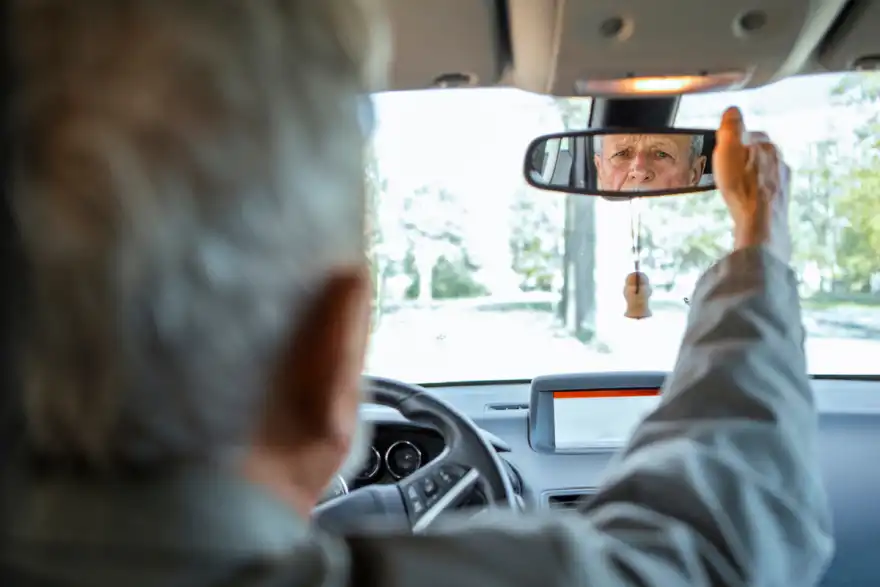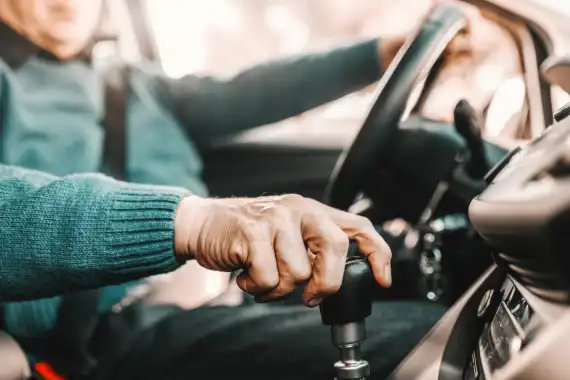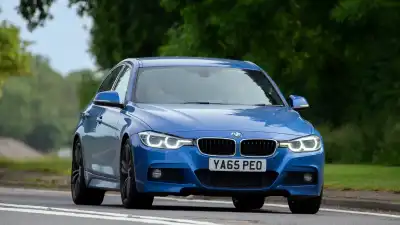
A Freedom of Information request, obtained by the BBC, has shown the number of people contacting the DVLA worried about a driver’s ability behind the wheel has shot up.
In 2022, almost 49,000 concerns over a person’s fitness to drive were submitted compared to 26,700 in 2021.
These numbers include self-declarations, those by medical officials and third-party notifications.
Cyclist Jim Tassell died in 2021 after he was hit by an 82-year-old motorist unable to read more than 10ft (3m) - if a driver cannot read a number plate 65ft (20m) away, they’re legally required to tell the DVLA.
Mr Tassell's daughter Emma Damen told the BBC: "He literally didn't see my dad at all, and drove straight into him."
And Mrs Damen pleaded with family members and friends who know that a person shouldn’t be driving to "please just say something".
"Because ultimately, if you don't and they get behind the wheel of a car, look what's happened in my case: my dad should still be here and he's not and there's no reason for that.”
Caroline Abrahams, charity director of Age UK, said: "Our view, and the research backs up the notion, is that age is a pretty rotten proxy for ability to drive. As we get older, our reaction time slows down. But we tend to make up for that, because we have greater experience."
Older drivers, defined as those aged 70 and over, made up 21% of car driver fatalities in 2021 while younger drivers, aged 17-24, made up 16%.
Rob Heard, chairman of the Older Drivers Forum, said those thinking of having that "difficult conversation" with a loved one should consider who is the best person to speak to them, when is the right time, and what steps can be taken together.
A DfT spokesperson said: "All drivers are already required to ensure they are medically fit to drive, and all car drivers over 70 must renew their licence every three years. We have no plans to change the requirements for older drivers."





